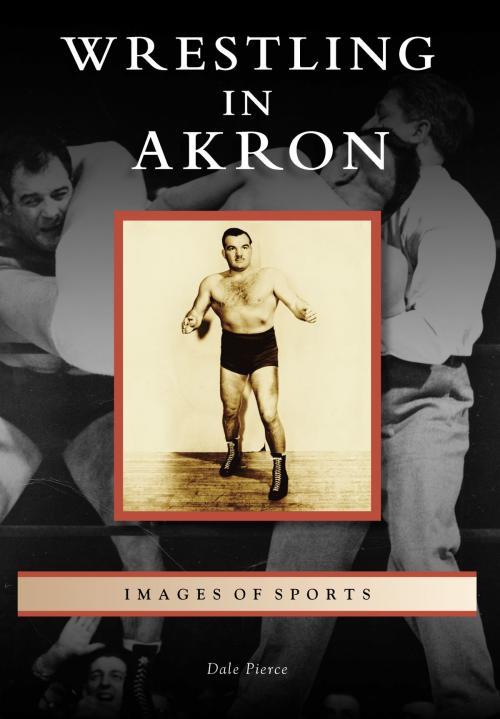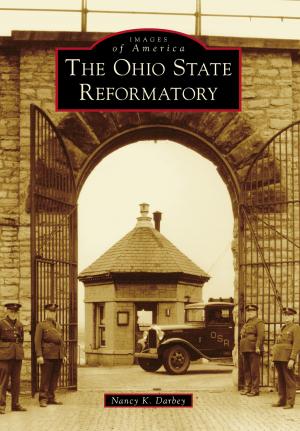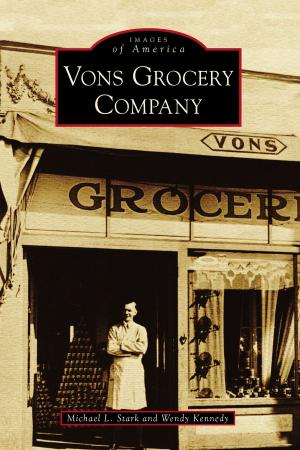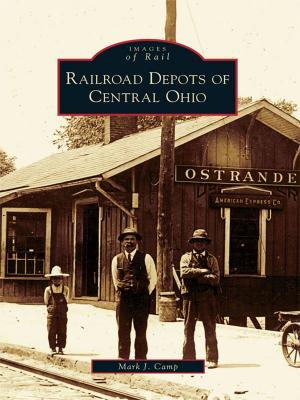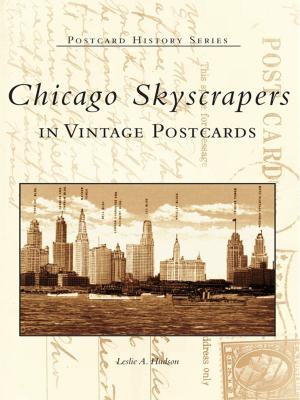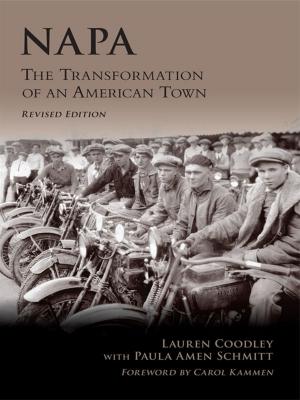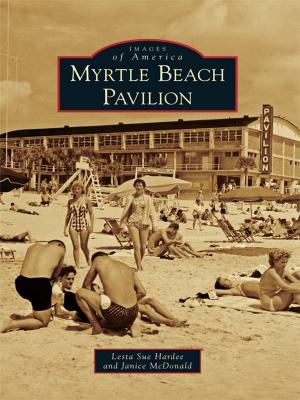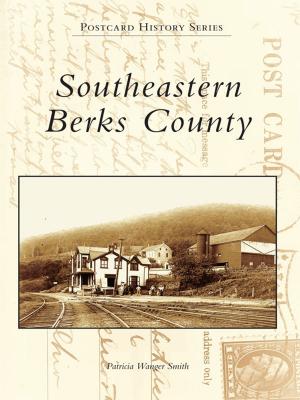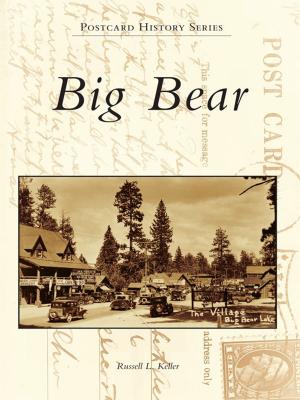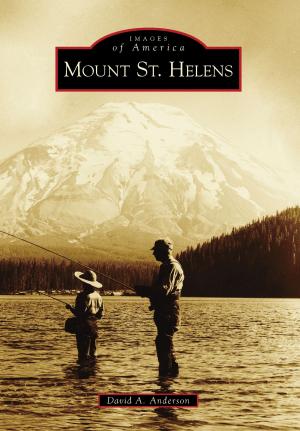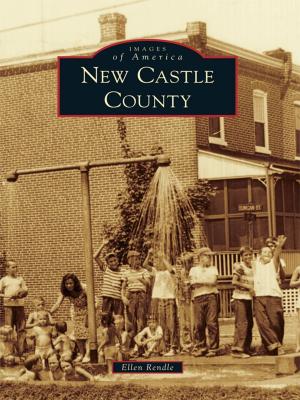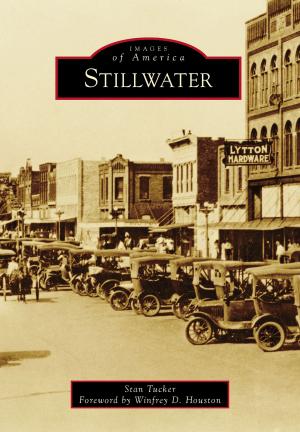Wrestling in Akron
Nonfiction, Sports, Individual Sports, Wrestling, Art & Architecture, Photography, Travel| Author: | Dale Pierce | ISBN: | 9781439643501 |
| Publisher: | Arcadia Publishing Inc. | Publication: | June 10, 2013 |
| Imprint: | Arcadia Publishing | Language: | English |
| Author: | Dale Pierce |
| ISBN: | 9781439643501 |
| Publisher: | Arcadia Publishing Inc. |
| Publication: | June 10, 2013 |
| Imprint: | Arcadia Publishing |
| Language: | English |
From the time it was founded in 1825, Akron was a town on the move. Once known as the �Rubber Capitol of the World,� it brought droves of new workers to downtown and the suburban areas. With expansion came a need for entertainment, and wrestling was there for the multitudes. From the contrast of high school amateurs on mats to snarling villains and heroes in the professional ring, the sport thrived. There were the early days of traveling carnivals, with circuit-riding wrestlers who would take on all comers from the audience, to secretive fights set by shifty promoters in railroad yards with onlookers placing bets. There were the glory days of the Akron Armory�offering the crowd a chance to see such luminaries as the cigar-chewing Killer Tim Brooks, the smiling Johnny Powers, or the devious Don Kent�and beyond after the famed arena closed.
From the time it was founded in 1825, Akron was a town on the move. Once known as the �Rubber Capitol of the World,� it brought droves of new workers to downtown and the suburban areas. With expansion came a need for entertainment, and wrestling was there for the multitudes. From the contrast of high school amateurs on mats to snarling villains and heroes in the professional ring, the sport thrived. There were the early days of traveling carnivals, with circuit-riding wrestlers who would take on all comers from the audience, to secretive fights set by shifty promoters in railroad yards with onlookers placing bets. There were the glory days of the Akron Armory�offering the crowd a chance to see such luminaries as the cigar-chewing Killer Tim Brooks, the smiling Johnny Powers, or the devious Don Kent�and beyond after the famed arena closed.
